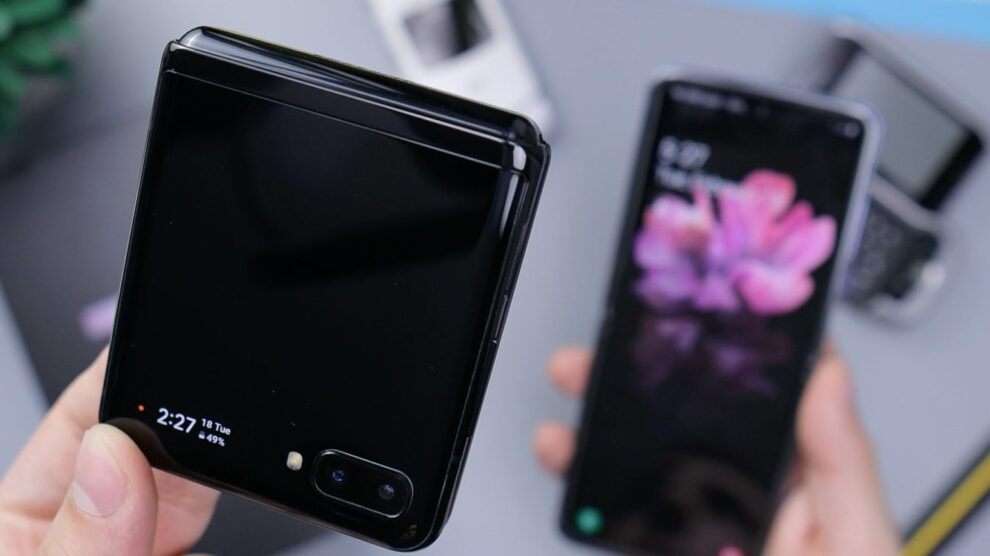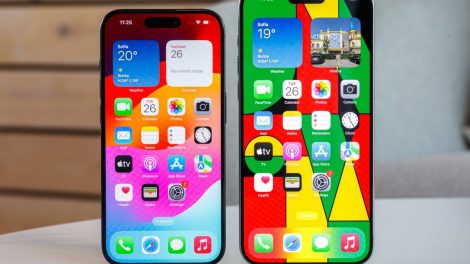Apple iPhone once sat undisputed occupying the smartphone industry’s throne with consistently astronomical sales and near universal critical acclaim cementing iOS as the platform for app innovation and mobile creativity.
However recent quarters show slight declines in year-over-year iPhone shipments allowing Android rivals led by Samsung and emerging dark horse Huawei to question Cupertino dominance. Should Apple worry about rivals stealing market and mind share?
Samsung Continues Nibbling Market Share Thanks to Foldables
The iPhone’s closest competition Samsung continues pushing premium envelope boundaries with specializations like foldable phones, hoping unique form factors seal defecting Apple devotees. The imminent unveiling of their Galaxy S23 series packs rumored skinny 200 megapixel camera sensors plus improvements merging productivity and portability.
However Apple retains key strategic advantages even against flexible display gimmicks thanks to unmatched processors, multi-generational iOS update support and privacy commitments attracting notoriously valuable high-income consumers representing future revenue opportunities through Services and accessories.
Huawei Renaissance Anchored in China Smartphone Dominance
Alternatively, Huawei burned immense global phone share through 2020 U.S. sanctions halting access to critical semiconductors and Google software. However the company rallied since restructuring around self-developed mobile Harmony OS ecosystem plus in-house Kirin chip manufacturing.
The redesigned Mate 50 series phones showcase the company’s resilience despite facing existential crisis recently. And with China representing nearly one-fifth of total smartphones sold annually, Huawei anchoring domestic sales helps offsetting global challenges.
However experts remain skeptical Huawei reclaims former peaks given geo-political resistance and competitive pressures from Xiaomi plus Oppo finding success internationally faster thanks to Android app alignment.
The iPhone Retains Key Strategic Differentiators
Stepping back however, the iPhone 14 series sustained impressive 92 percent customer satisfaction scores from Consumer Reports and still captures majority U.S. activation based market share suggesting loyalty persists through incremental upgrades.
Likewise hints surrounding Apple’s rumored mixed reality headset and unique health sensor integrations demonstrate Cupertino still dictates where profits and innovation gravity shifts next in mobile.
But most critically, Apple retains long term user value beyond hardware sales through Services ecosystem subscriptions and reliable resale values downstream also where Samsung struggles competing significantly.
Additional Smartphone Competitor Considerations
The smartphone war’s front lines remain crowded with additional players like Google, Xiaomi and OPPO variously attacking regional device niches through market positioning, pricing and support segmentation.
For example Google’s Pixel 7 series showcases fantastic camera software tuning and on-device AI matched by three years of Android OS updates. Such maneuvering aims steadily growing U.S. share where Apple traditionally comfortably led.
So while threats loom across continents from major brands to bite-sized startups, the iPhone maintains tremendous consumer goodwill and mind share thanks to premiumrette perception – huge barriers competitor copied equipment lacks y conquering.
In the end, do other brands pose serious risk stealing you away from future iPhone purchases? Voice your thoughts and smartphone preferences below!










Add Comment